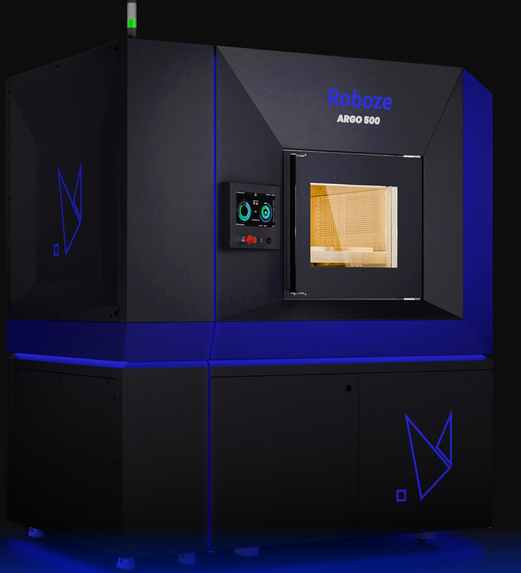The value of sustainability for companies: Roboze 3D printing
Sustainability is not just about the environment. It also includes human, social and economic factors. This is the reason behind the recognition of this great theme as an added value by many manufacturing companies around the world.
Roboze Distributed Manufacturing naturally fits into this context as its 3D printing additive logic already makes it a more sustainable manufacturing process, as less waste is generated than traditional subtractive technologies. The adoption of additive manufacturing systems is not limited to mere cost advantages and optimization of the value chain of companies, but it can also positively influence industrial sustainability.
Product sustainability: where to start?
Even though Additive Manufacturing is on a progressive path towards product sustainability, there are still some challenges it continues to face. Educating designers and engineers on the potential uses and benefits of additive manufacturing can optimize the way products are manufactured, leading to more efficient geometries. For example, several parts that can be replaced by a single integrated assembly reduces the cost, time, and quality problems arising from assembly operations.
Limits of traditional delocalized production
In large traditional industrial productions, the large quantities of standardized goods produced are marketed in various markets: usually, the core of the system is the large multinational company that markets the finished product. This is flanked by a myriad of suppliers and often intermediaries who act as a link with the final consumer. So, what happens?
The production is moved to where labor and raw materials cost less as the economy of scale allows the amortization of the costs of production, assembly, transport, and so on;
The design of a product is done in a country;
The target market may be yet another country.
This phenomenon has caused the desertification of important industrial districts in Europe and America, with economic and social repercussions. Among these, the great contraction of the jobs while at the same time losing structural competitiveness as over time very important functions such as engineering and design have been delocalized.
Roboze Distributed Manufacturing: a new model of sustainable production
Roboze Distributed Manufacturing completely overturns this approach thanks to the support of the 3D Parts network, the bone structure of our vision, made up of certified centers that use Production Roboze technology, the only true 3D printing technology that can enable this model (find out why).
Roboze 3D Parts earned an honorable mention in the Best World Changing Idea EMEA category of the Fast Company's 2021 World Changing Ideas Awards, as it helps manufacturers reduce supply chain costs and time by digitizing their inventory in a sustainable and efficient way combining benefits for both the end user and the environment.
Metal Replacement reduces CO2 emissions
3D Parts was always awarded at the Edison Awards for the Manufacturing, Logistics & Transportation category. This new production paradigm specialized in Metal Replacement, connects demand with supply and creates a distributed production model which allows production that avoids waste, reduces shipments, reduces CO2 emissions and brings production close to the point of use.
Roboze 3D Parts enables a new manufacturing and logistics model that brings 3D printing to the world of custom manufacturing with superior repeatability and performance, replacing metal with super polymers and composites, applicable to a variety of industries including Oil & Gas, Automotive, Energy, space and aviation, Defense and more.
www.roboze.com
